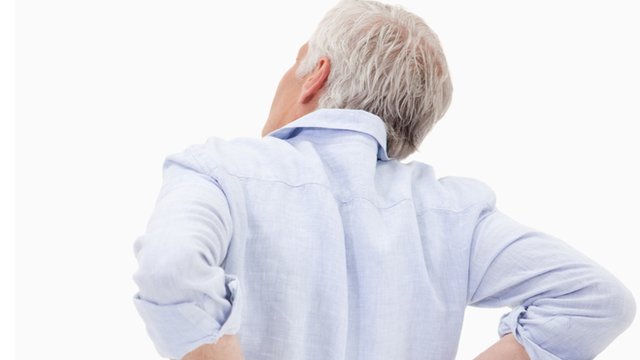Chronic Fatigue: 'No need to fear exercise'
By
Peter Russell
WebMD UK Health News
Medically Reviewed by
Dr Rob Hicks
14th January 2015 – People who have
Chronic Fatigue Syndrome (CFS) should be encouraged to see
exercise as a way of easing their symptoms of exhaustion rather than fearing that activity will make them feel worse, say researchers.
CFS, which is also known as myalgic encephalomyelitis (ME), is a condition in which the patient feels exhaustion that does not go away with rest or
sleep. It is thought to affect around 250,000 people in the UK.
Anyone can get CFS, although it is more common in women than in men. It usually develops in the early 20s to mid-40s.
Children can also be affected, usually between the ages of 13 and 15.
Slideshow: A visual guide to chronic fatigue syndrome
Controversial condition
The condition has been the subject of past controversy when some doctors doubted that the condition existed. It is now generally accepted that CFS/ME is real.
However, the role that
physical activity should play in the lives of people with CFS has continued to be fiercely debated with many patients maintaining that exercise could actually make them more exhausted.
The PACE trial
A study in The Lancet in 2011 involving 641 patients – called the PACE trial – found that a gradually increasing
exercise programme delivered by a physiotherapist and
cognitive behavioural therapy (CBT) were the most effective treatments for the condition.
However, the researchers acknowledged that patients' organisations believed these treatments could be harmful and favoured specialist health care together with a 'pacing' approach in which patients set their activity levels according to how much energy they had.
For the latest study, published in The Lancet Psychiatry, researchers led by Professor Trudie Chalder from Kings College London analysed why graded exercise therapy (GET) and CBT were beneficial for patients.
In a statement, Professor Chalder says: "Although the PACE trial results suggest that CBT and GET offer safe and effective treatment options for a majority of CFS patients, the improvements seen in the trial were moderate. By identifying the mechanisms whereby some patients benefit from treatment, we hope that this will allow treatments to be developed, improved, or optimised."
Overcoming fear
The researchers found that the single most important factor in improving results was reducing fear of exercising among patients with CFS, accounting for up to 60% of the overall effect of CBT and GET on reducing symptoms.
Professor Chalder says: "Our results suggest that fearful beliefs can be changed by directly challenging such beliefs (as in CBT) or by simple behaviour change with a graded approach to the avoided activity (as in GET).
"Clinically, the results suggest that therapists delivering CBT could encourage more physical activities such as walking, which might enhance the effect of CBT and could be more acceptable to patients."
Reaction
Action for ME said the improvements to patients' symptoms in the trial were moderate and that one-size-fits-all treatment approaches for CFS do not work.
Sonya Chowdhury, the charity's CEO, says in a statement: "The significance of the term 'fear avoidance' is paramount. This does not mean that ME or CFS is a
psychological illness. Nor do we believe that people with ME are afraid of taking part in appropriate activity or exercise – appropriate activity might involve a short walk or, for someone with severe ME, small movements or even sitting up in bed.
"In this context, fear avoidance is a well-documented factor that can affect the experience of any
chronic pain condition, regardless of pathology."
View Article Sources

Reviewed on January 14, 2015




